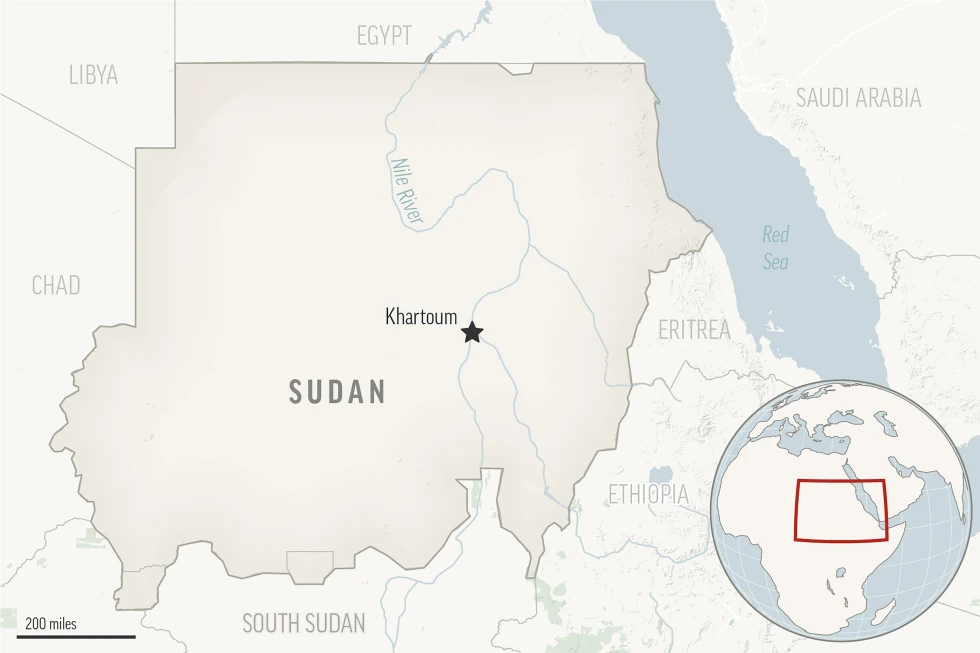In a significant escalation of Sudan’s ongoing civil war, the country’s army leadership faces severe criticism following the unexpected fall of Wad Madani, a city of strategic importance, to a rival paramilitary group. General Abdel Fattah al-Burhan, Sudan’s army chief, has openly condemned the actions of commanders who failed to defend the city, underscoring the gravity of the crisis.
Wad Madani, the capital of Gezira state, was previously considered a safe haven amidst the conflict. However, its unexpected capture has led to the displacement of over 300,000 people and raised serious questions about the military’s combat strategies. The rapid advance of the paramilitary Rapid Support Forces (RSF) has significantly altered the dynamics of the eight-month-long civil war.
In a public address, General Burhan pledged to hold those responsible for the “negligent” withdrawal from Wad Madani accountable. “We will hold every negligent commander accountable. Those who were responsible for this withdrawal will also be held accountable without leniency,” he stated.
The RSF, under the leadership of General Mohammed Hamdan Dagalo (Hemedti), has been engaged in a fierce battle with the army since April. The group is believed to now control a substantial part of Sudan’s capital, Khartoum, and most of the western Darfur region. This shift in control has caused massive displacement, with people fleeing from areas like Khartoum to safer regions including Gezira and Wad Madani.
The fall of Wad Madani has plunged the city into chaos, with residents and aid workers describing a situation of widespread panic and uncertainty. Displaced civilians, already traumatized by prior conflicts, face an uncertain future and a lack of assistance.
Wad Madani had become a central hub for aid operations at the onset of the conflict, replacing Khartoum. Following the RSF’s seizure of the city, numerous aid groups, including medical charity EMERGENCY NGO, have been forced to evacuate. The disruption has severely impacted the monitoring of patient welfare, exacerbating the humanitarian crisis.
Local reports describe Wad Madani as a “ghost town,” with essential services like hospitals and shops closed, and a notable absence of police or army presence, leaving the RSF as the sole authority. This atmosphere of fear and uncertainty has spread to neighboring states such as Gedaref, Sennar, and White Nile, raising concerns that the RSF might further expand its control.
The current conflict, stemming from disagreements over a politically-backed transition plan, has resulted in the displacement of around seven million people, as stated by the United Nations. Stephane Dujarric, a spokesperson for the UN Secretary-General, has referred to the situation in Sudan as the “world’s largest displacement crisis.”
This instability follows a 2021 coup in which the RSF and the army, who had initially shared power with civilians after deposing former president Omar al-Bashir, seized full control. The ensuing conflict has not only displaced millions but also ravaged Khartoum, instigated a humanitarian crisis, and incited ethnically driven violence in Darfur.
As the situation continues to unfold, the international community remains deeply concerned, hopeful for a resolution that can restore peace and stability to Sudan.





